I’m a big fan of affirmations, but even I stop to wonder where they actually came from. Well, the answer is a little more complicated than pinpointing a specific person or time in history.
The idea of using positive statements and thoughts has been around for centuries and has influenced just about every culture you can imagine. That makes perfect sense to me – if it works now, I can’t think of anything that would have changed in the interim to mean they started working at a certain point without having worked before.
In This Article
Affirmations in History
Some of the earliest examples of affirmations come from the ancient Greeks. While probably not referred to by the same name at the time, the concept of self-affirmation was used extensively in Stoic philosophy. The teachings encouraged people to focus on positivity in both their feelings and beliefs and to use equally positive phrases to bring them into this state.
Affirmations have developed over time since then, and it is fair to say that the Greeks took a somewhat basic approach. For example, their equivalent of affirmations would rarely extend beyond ‘”I am strong” or “I am a leader,” but it’s easy to draw parallels between what they did then and what we seek to achieve today.
I’m also inclined to compare the affirmations you and I use with mantra meditation.

This form of meditation dates back hundreds of years and originated in Vedic Hinduism. One source suggests that it predates Buddhism by hundreds of years, and that makes it pretty old!
The mantras used closely resemble modern affirmations, although they weren’t in English back then. Mantra meditation continues to this day and is immensely popular in the western world, to the point that it might be worth investigating as another structured opportunity to make your affirmations work for you. That link above is the ideal place to start.
Modern Affirmations and New Thought
The affirmations I write about here at Widibi originate from the New Thought movement, which gained traction in the US in the late 19th century.
One standout name is Napoleon Hill, author of the iconic Think and Grow Rich. He was a big believer in the concept of affirmations and mentions them throughout his work, perhaps without going into significant detail at any point.
His writing often dealt with wealth and abundance, and you would find references to “I am fully dedicated to growing my wealth” or “I am already rich”.
It was not only people in the US that investigated the concept further. French psychologist Émile Coué was a proponent of self-suggestion and used it in his work. He also originated one of the most famous affirmations of all time:
“Every day, in every way, I’m getting better and better.”
Personally, I prefer something a little more specific, but he’s the one getting written about almost a century after his death, so who am I to argue?!
Louise Hay
Also incredibly important to the development of affirmations in the public consciousness is Louise Hay. If you’ve heard the name but can’t quite place it, you might know here best as the author of You Can Heal Your Life, which incidentally came out in the same year I was born.
In all honesty, I feel some of her assertions are a little outdated and, in some cases, flat out wrong, but the fact remains that she was never shy about discussing the importance of positive self-talk in the form of affirmations.
With over 35 million copies sold around the world and the book still in print, it is a cornerstone of the kinds of things we discuss here at Widibi and it is impossible to ignore the sheer number of people made aware of the concept thanks to her work.
Who Created Affirmations? – In Summary
It is impossible to pinpoint a single individual that created affirmations as we know them today. The same principles I use daily have been practised for over a thousand years in different forms, and no one person could feasibly be credited with coming up with telling yourself something enough to convince yourself that it’s true.
The important thing to remember is that I remain convinced that they work, and I would say the same to a believer like myself as I would to one of the evidence-based scientists that dispute their effectiveness.
It might just be because I’m used to using affirmations – and them working – that I can tell myself just about anything and it will happen. If I take the time to affirm that I’ll have a good day, I invariably do. If I don’t do any daily affirmations, I accept that I’m leaving things up to chance.
Like anything of this kind, I can’t prove they work. However, nobody can prove they don’t. I’d go as far as to say that, given their effective use for centuries, the evidence sits more on my side of the discussion than someone else’s!
And if you’d like to start daily affirmations, follow that link for a few great tips for getting up and running.










